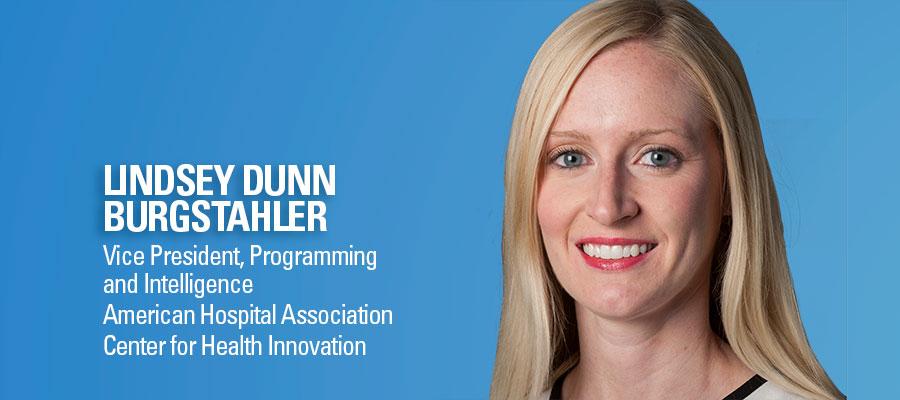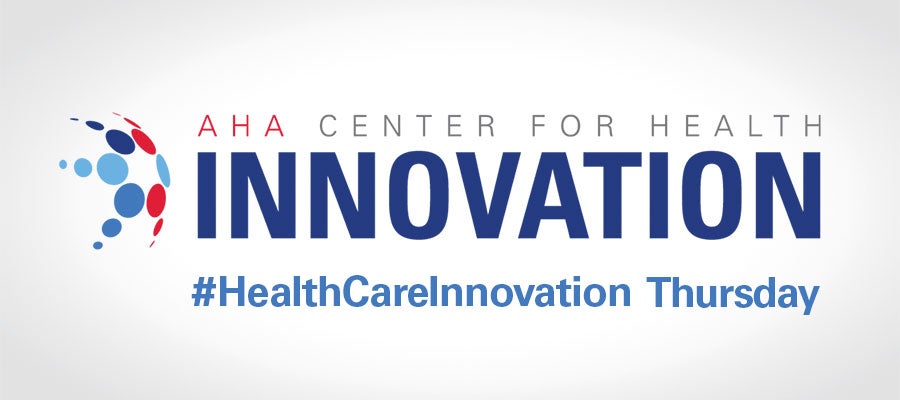What It Takes to Lead Through Uncertainty and Change


The COVID-19 pandemic has presented unprecedented challenges to health care leaders. Amid an already complex care environment undergoing significant transformation, a public health emergency upended care delivery and limited the speed at which organizations could transition toward value-based models, digitization and enhanced consumer experience. Hospitals and their leadership teams focused on saving lives and maintaining access to care.
Using Empathy to Manage Change
Now, nearly two years into the pandemic, we’re recognizing that we’ll be living with COVID-19 for some time. Hospitals and health systems must continue to treat COVID-19 patients and manage the impacts of the pandemic on their workforce and broader organizations, while pushing forward strategic imperatives that will ensure a health care delivery system prepared to meet future challenges.
These projects had significant impact and advanced their organizations on issues uncovered by the pandemic, including the need to implement new care models, address consumer demands for digital-first experiences and strengthen the health care workforce.
Doing this successfully — that is, inspiring and moving forward an organization toward a future state while showing empathy and understanding of current challenges and also pacing the rate of change appropriately — will be a test of even the most skilled leaders.
Of the many things we’ve learned throughout the last two years, one certainly is that the years ahead are more likely to be marked by continued change and uncertainty than status quo. We’ll continue to face volatility, making it critical that today’s leaders prepare tomorrow’s leaders for success in this sustained environment.
Developing Leaders for Change
The AHA Next Generation Leaders Fellowship helps ensure a robust and well-supported community of next generation health care leaders. Paired with a C-suite-level mentor from another health care organization, the fellows complete a year-long transformation project designed to solve a strategic challenge for their own organization.
The inaugural cohort included 32 fellows representing 20 states with projects that ranged from implementing artificial intelligence solutions to address front-line burnout to developing a short-stay unit model supported by new virtual nursing technology. These projects had significant impact and advanced their organizations on issues uncovered by the pandemic, including the need to implement new care models, address consumer demands for digital-first experiences and strengthen the health care workforce.
Lisa Moore, who was promoted to executive vice president and chief operating officer of Cottage Health during her AHA fellowship year said, “I especially benefited from the mentoring component of the program. It was, quite honestly, one of the most valuable educational experiences that I have had during my career.”
During what many are calling the “Great Resignation” — marked by millions of people leaving the workforce due to the COVID-19 pandemic — it is a crucial time to invest in your organization’s highest potential leaders. Nominate a rising leader and encourage them to apply by March 31.
Lindsey Dunn Burgstahler is vice president, programming and intelligence, for the AHA Center for Health Innovation.

